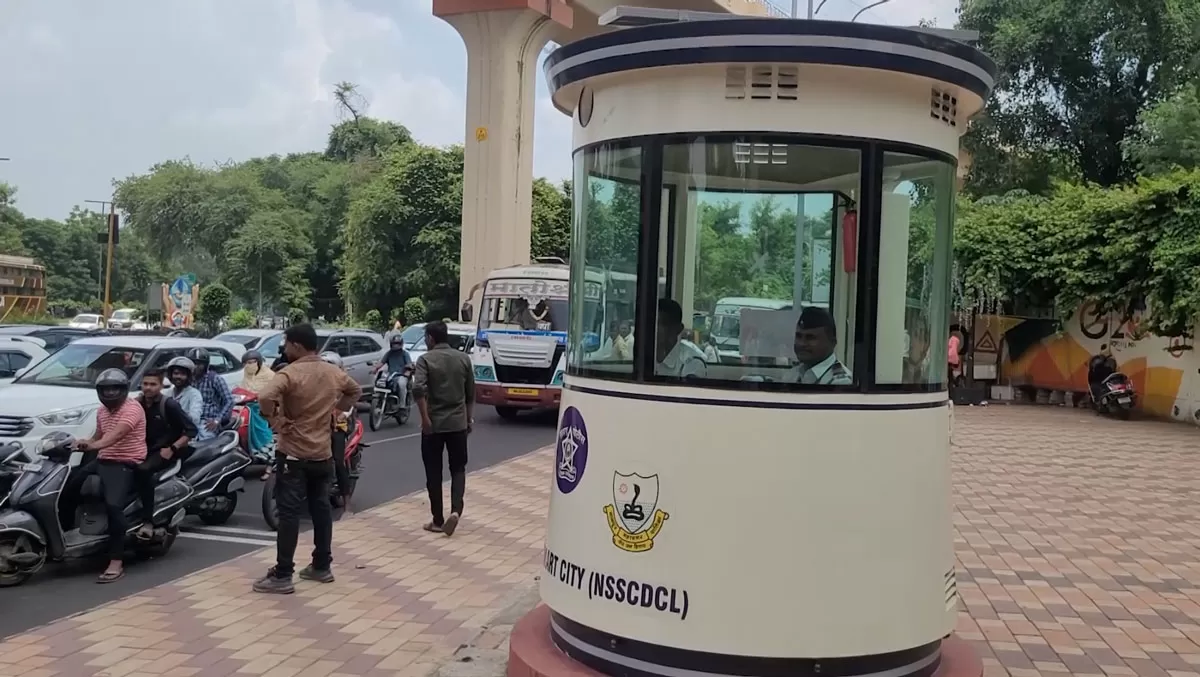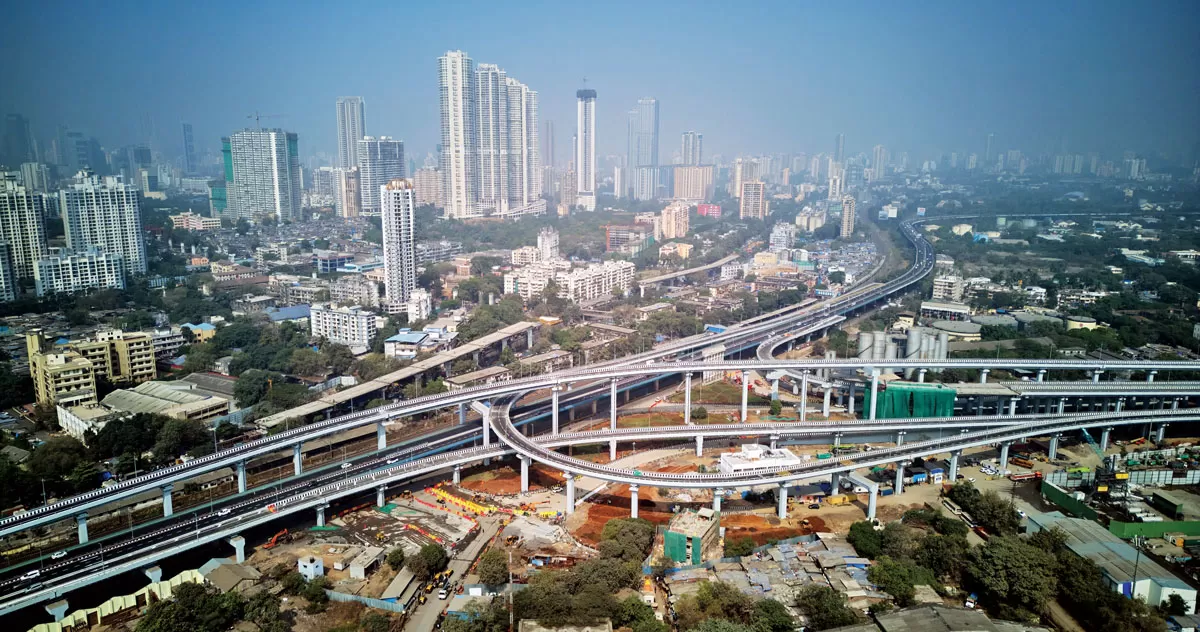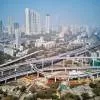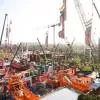
Here's how the DCPR 2034 will shape the future of Mumbai!
Read full article
CW Gold Benefits
- Weekly Industry Updates
- Industry Feature Stories
- Premium Newsletter Access
- Building Material Prices (weekly) + trends/analysis
- Best Stories from our sister publications - Indian Cement Review, Equipment India, Infrastructure Today
- Sector focused Research Reports
- Sector Wise Updates (infrastructure, cement, equipment & construction) + trend analysis
- Exclusive text & video interviews
- Digital Delivery
- Financial Data for publically listed companies + Analysis
- Preconceptual Projects in the pipeline PAN India

Our urban initiatives set a benchmark for projects across India
The Nagpur Smart and Sustainable City Development Corporation (NSSCDCL) has bagged an excellence award for being a leader in creating healthy streets in Indian cities. Soumya Sharma Chandak, Chief Executive Officer (CEO), tells R SRINIVASAN what led to this achievement and elaborates upon other successes and plans. Excerpts from the conversation:What key factors contributed to NSSCDCL winning the excellence award for creating healthy streets in India?We won this award for our efforts to suggest juncti..

Construction Sector Results
The Indian construction sector demonstrated both growth opportunities and notable challenges in the first half of FY2024-25, driven by a mix of economic, operational and policy factors. The sector’s total consolidated operating revenue across all segments (Ultra Large, Large, Medium, and small construction companies) reached approximately Rs.70,871 crore in H1 FY25, compared to Rs.67,126 crore in H1 FY24, reflecting a year-on-year growth of about 5.6 per cent. When including Larsen & Toubro (L&T), the largest player in the sector,..

India must focus on building resilient road infrastructure
Vadodara-based firm Zydex Industries has developed a silane nanotechnology-based product for road construction that can resist cracking under heavy traffic loads and cyclic weather. The company is using nano-polymer and silane to make roads free of potholes and cracks, thanks to their anti-strip property and enhanced resistance to moisture damage. The company has also developed a technology to make aggregates waterproof, thus forming a skin-like layer that is water-resistant and prevents the formation of potholes. Himanshu Agarwal, Chief Operating Officer, Zydex Industries, speaks about g..













